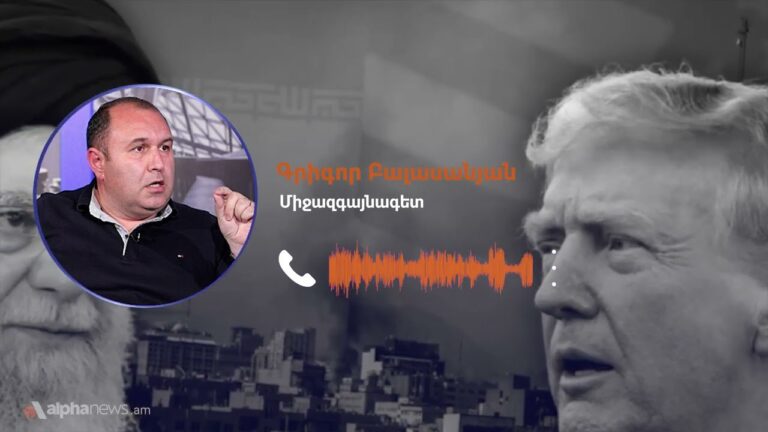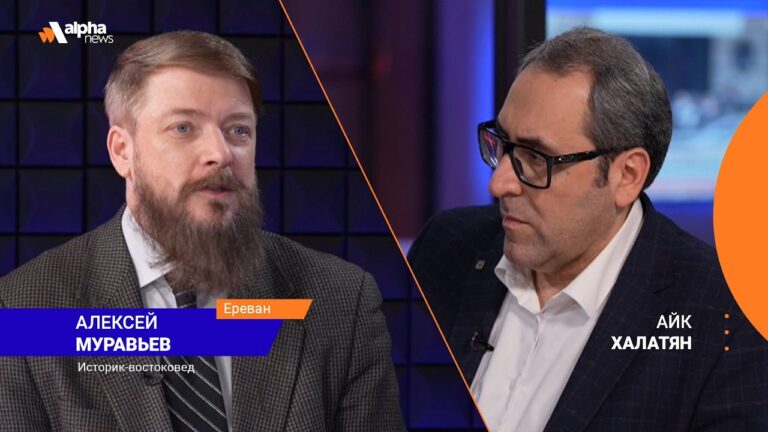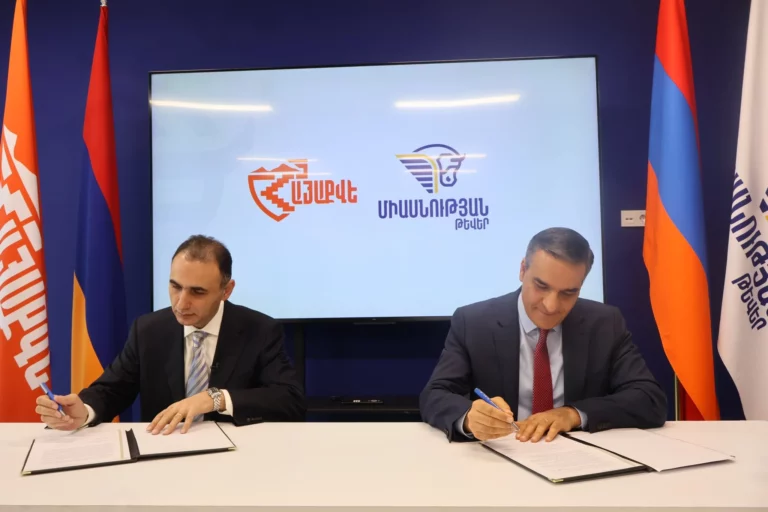Has Azerbaijan deceived Pashinyan again? What a surprise…
December 21 2023, 11:40
While Nikol Pashinyan was giving another interview to Armenian Public Television, reports were received from Azerbaijan that confirmed the most negative expectations. Azerbaijan wants to sign a “peace treaty” without recognizing the territorial integrity of the Republic of Armenia and without delimitation and demarcation of the state border.
“Azerbaijan sees no major obstacles to securing a lasting peace treaty with its neighbor Armenia and believes the question of defining their borders can be resolved separately,” Assistant to the President of Azerbaijan Hikmet Hajiyev told reporters in London yesterday, stressing that the question of border demarcation should be separated from the discussion of a peace treaty.
If we translate Hajiyev’s words from “diplomatic” into a more understandable language, we can conclude that the worst assumptions of a number of Armenian experts, politicians and statesmen are coming true—Azerbaijan demands not only the signing of a “peace treaty” without international guarantors but also seeks to ensure that the issue of border delimitation is resolved after signing the “peace treaty”.
All other things being equal, it could be stated that the above-mentioned are the demands of Azerbaijan, while Armenia should formulate its own negotiating agenda; however, the bitter experience of the past years shows that the agenda of Pashinyan’s Armenia is the fulfillment of the demands of Baku and Ankara, from the recognition of Artsakh as part of Azerbaijan to the gradual abandonment of state symbols and the foundations of the Armenian identity.
Signing a peace treaty without defining the border will become a new national tragedy. In this case, Azerbaijan will be given a right to new aggression under the pretext of establishing a demarcation line and peace. A peace treaty without delimitation will also lead to the final loss of territories lost in 2020-2022 in the areas of Vardenis, Jermuk, Sisian, and the section of the Goris—Kapan—Chakaten road.
Reason is given to a person to think and to be able to predict events and facts in a logical chain. Back in October, we talked about the fact that Ilham Aliyev does not recognize the territorial integrity of not only Armenia but also Azerbaijan, since he refuses to recognize not only the Armenian 29,800 square kilometers but also his own 86,600 square kilometers. Aliyev wants demarcation and delimitation on his own terms, with all that this entails.
It is obvious that today, Pashinyan is under pressure, primarily from Baku and Ankara, to sign a “peace agreement” not only without international guarantors but also without delimitation and demarcation, and the signing of a “peace treaty” without delimitation is a total historical tragedy that means the end of Armenia. Moreover, Baku does not deny that the next stage against Armenia will be the so-called “Western Azerbaijan” project, that is, the creation of a quasi-state on the territory of Armenia. Aliyev’s political project, with which he will go to the snap elections in 2024, will be the concept of “Western Azerbaijan”.
The tragic paradox is that the Armenian leadership was so skillfully fooled that they brought the situation to the point where Baku refuses to sign a peace treaty (although it has already received the whole of Artsakh), blackmails the potential resumption of hostilities, demanding that Yerevan agree to sign a “peace treaty” without mediators and without delimitation, and the official Yerevan finds nothing better than complaining about it on the pages of the international media.
Thus, Deputy Foreign Minister of Armenia Vahan Kostanyan stated in an interview with the BBC that Azerbaijan demonstrates an unwillingness to complete the peace agreement. Pashinyan was already deceived when he signed a document on the recognition of Artsakh in “proud solitude” in Granada. Of course, he received absolutely nothing in exchange for this. Baku has not renounced any of its demands:
1. “Peace treaty” without guarantors;
2. Delimitation after the signing of the “peace treaty”;
3. The corridor through the territory of Armenia;
4. The corridor, the transport infrastructure of which will be built with the money of Armenia itself.
Agreeing to the surrender of Artsakh in Prague in 2022 and signing a document in Granada in 2023 officially recognizing Artsakh as part of Azerbaijan, Pashinyan and his team conditioned this decision on the desire to “ensure the territorial integrity of Armenia.” The recent events around Armenia demonstrate that Pashinyan’s strategy, built around the idea of fulfilling all Baku’s demands so that it does not perceive Armenia’s position as a provocation and a reason for war, has failed.
No one should have any doubts that Azerbaijan’s final demand, the fulfillment of which “will prevent a new war,” will be a demand for Pashinyan to sign a document similar to what Samvel Shahramanyan signed on September 28—a document on the dissolution of statehood.







